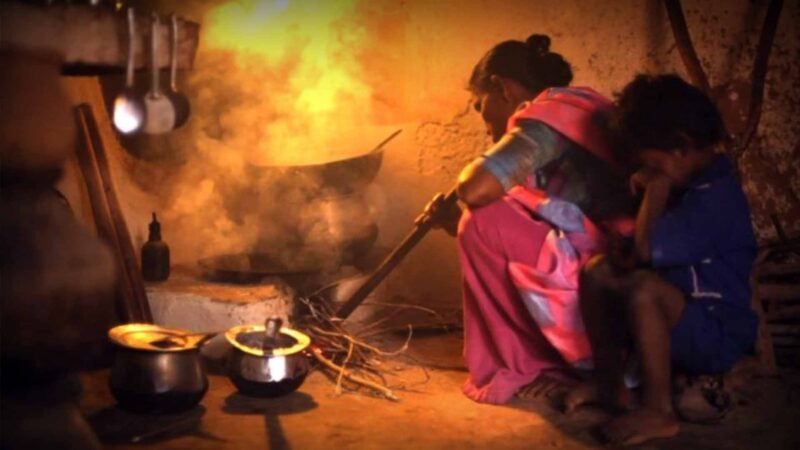Soft power refers to the ability of a country to influence the behavior of other countries or actors in the international system through non-coercive means. It is the ability to attract and persuade others to support a country’s policies and objectives through the use of culture, ideology, values, and institutions, rather than through military or economic coercion.
Soft power is often seen as an alternative or complementary approach to hard power, which involves the use of military or economic pressure to achieve a country’s goals. Soft power is generally seen as a more subtle and indirect approach to international relations that relies on building positive relationships and appealing to shared values and interests.
Soft power can also be used to build partnerships and alliances, increase economic cooperation, and promote diplomacy and peaceful conflict resolution.
World Made Good Sustainable Development Host, Catarina Caria spoke with the author of a new book that looks at reclaiming global leadership using soft power.
Daniel F. Runde is senior vice president and the William A. Schreyer Chair in Global Analysis at the Center for Strategic and International Studies (CSIS). Renowned as a global thought leader, he has been at the center of Washington debates on soft power and development for two decades. Previously, he held senior leadership roles at the World Bank Group and served in the Bush Administration at USAID (the U.S. Agency for International Development). He is a member of the Council on Foreign Relations and the Bretton Woods Committee, and previously chaired two U.S. federal advisory committees that touch on soft power. He is a contributor to thehill.com and hosts a CSIS podcast series “Building the Future: Freedom, Prosperity & Foreign Policy.”
Runde’s new book The American Imperative: Reclaiming Global Leadership Through Soft Power (Bombardier Books, Feb. 7, 2023) addresses what America’s global strategy should look like in an age of renewed great power competition.
Runde makes the case for building a new global consensus through vigorous internationalism and judicious use of soft power. He maps out many of the steps that we need to take––primarily in the non-military sphere––to ensure an alliance of stable and secure, like-minded, self-reliant partner nations in order to prevent rising authoritarian powers such as China from running the world.
This is the first book in decades to look at our non-military power through the lens of great-power competition. It calls for: supporting broad-based economic growth, supporting good governance and anti-corruption, long-term training, differentiating our approaches in middle-income countries and fragile states, and stronger U.S. leadership in the multilateral system.
You Might also like
-
Introduction to Women, Peace and Security
Gender equality is the number one predictor of peace – more so than a state’s wealth, level of democracy, or religious identity. Driven by civil society campaigning for action on gender equality, in 2000 the United Nations Security Council adopted Resolution 1325. In doing so, Member States formally acknowledged that conflicts and crises impact the lives of women and girls differently, significantly and disproportionately, to that of men and boys.
Resolution 1325 consists of four pillars – participation, protection, prevention, and relief and recovery. It urges Member States to increase the representation of women at all decision-making levels in national, regional and international institutions and mechanisms for the prevention, management and resolution of conflicts.
-
Clean Energy For Healthy Environments and Lives
Australia and India have significant potential to generate affordable clean electricity from solar energy systems. However the economic, environmental and health benefits from a transition to renewable energy are not fully appreciated.
To coincide with this year’s 2023 World Environment Day, World Made Good releases a segment on a joint Australia and India clean energy generation project funded by the Australian Department of Foreign Affairs and Trade. Launched in 2021, the Clean Energy for Healthy Environments and Lives (CE4HEAL) project addresses 5 of the UN Sustainable Development Goals
-
Women must take a seat at the table
Catarina Caria is the new Sustainable Development host on World Made Good. She will be interviewing notable project leaders across sustainability initiatives around the world. These include by are not limited by the United Nations Sustainable Development Goals (SDGs).
Born in Lisbon, Portugal and passionate about Peace & Security, and Civil Society, Catarina focused on research of Women, Peace and Security Agenda at the University of Virginia under a Fulbright/FLAD Scholarship in 2021.



